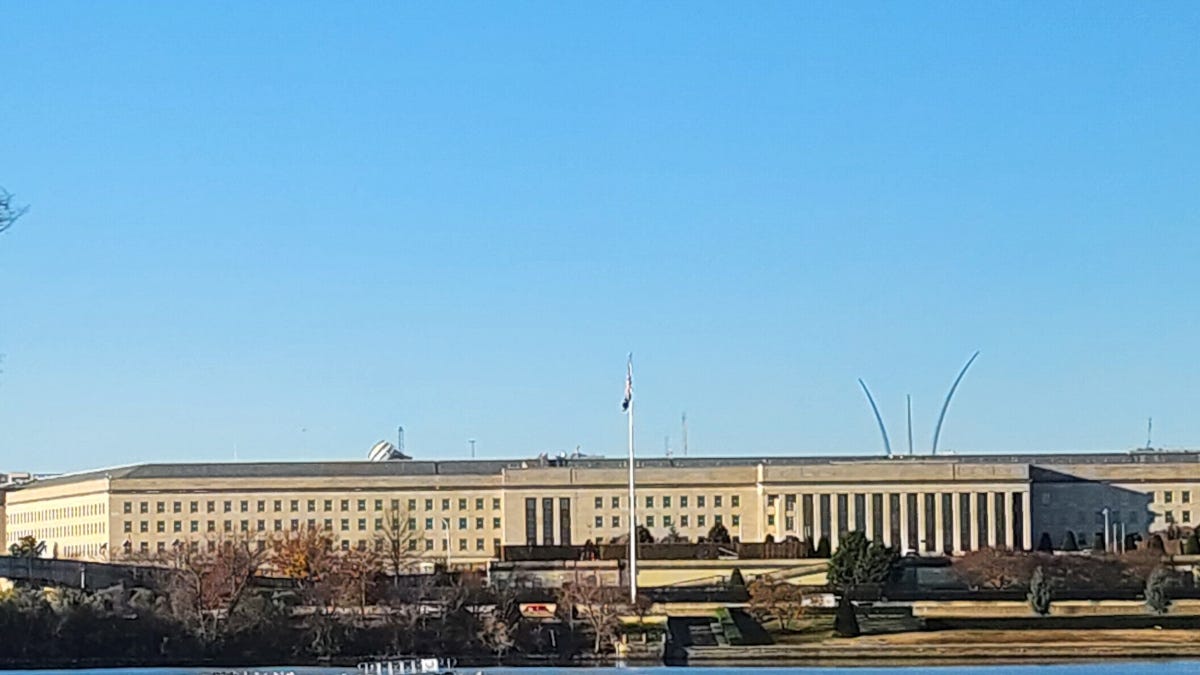Who polices spending?
On wasteful spending, power projection, and who's actually responsible for making sure the Defense Department spends wisely
Senator Bernie Sanders, who remains crankily "independent" while still trying to sway the Democratic Party by caucusing among them, has offered some unsolicited senatorial legitimacy to the efforts of the incoming Presidential administration. Sanders opines: "The defense budget is bloated. Defense contractors engage in fraud and waste. That's why we should cut military spending by 10%. I hope Musk and the Department of Government Efficiency (DOGE) will support that effort."
■ It's a literally disingenuous claim. Sanders doesn't want to cut military spending because he thinks that 10% of the spending is fraudulent. He wants to cut that spending because he is broadly opposed to military power projections abroad. That is an opinion shared by others, even if it is troublingly wrong-headed at a time when the Communist Party that runs China is acting aggressively towards our friends and allies and Russia is engaged in a violent invasion of Ukraine.
■ To think that a world from which the United States withdraws or retreats is a safer one is to imagine that, somehow, the many things we ought to know about human nature do not exist. There will always be some balance of power in the world; the question is merely whether forces of good will control that balance.
■ If the problem were really one of fraud and abuse, then the solution wouldn't be a 10% across-the-board cut anyway: Fraud and abuse are controlled by spending more, not less, on auditing and enforcement. But that's an inconvenient fact of accounting. Undoubtedly, there is some wasteful spending to be found in the defense budget, just as there is waste to be found elsewhere. But the Constitution gives the power of the purse, in no uncertain terms, to Congress.
■ It is up to Congress to decide how much spending is the right amount, and by how much to oversee that spending. That isn't the province of any made-up departments of the Executive Branch. To pretend otherwise is deeply dishonest dealing.



